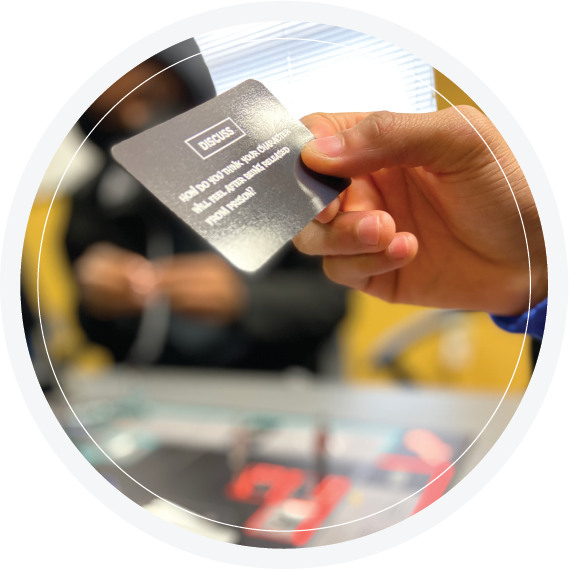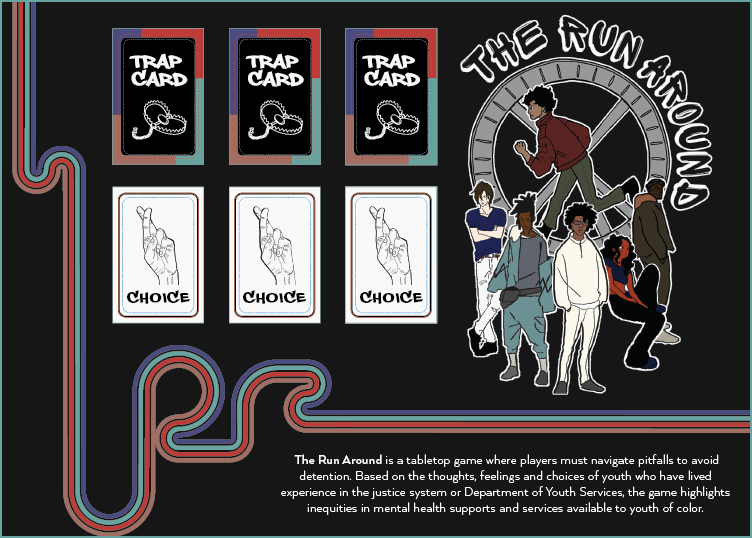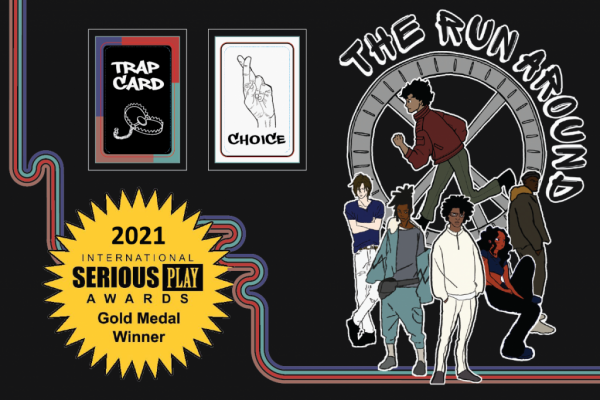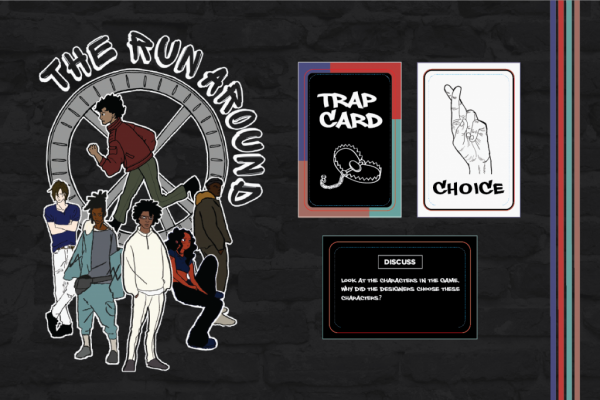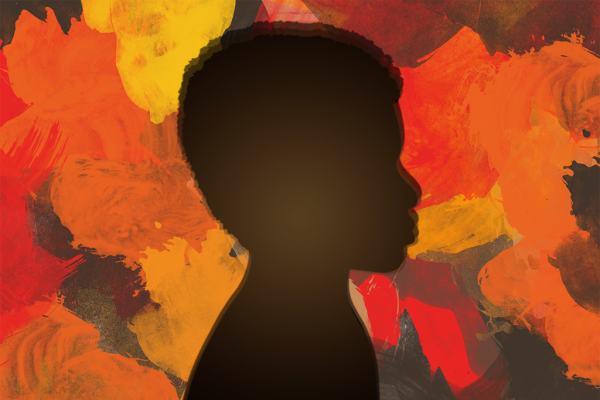Juvenile Justice and Mental Health Disparities: Co-Designing Solutions with Youth
Racial disparities in the juvenile justice system are growing even as youth arrest rates decline overall. Black youth face particularly egregious disparities. Inequity in the provision of mental health services on the basis of race before, during, and after incarceration negatively impacts the health, well-being, employment opportunities, educational attainment, and relationships of individuals of color who are or were system-involved.
Racial Inequity in the Juvenile Justice System
SEED Institute: Identifying Barriers and Exploring Opportunities with Youth
With a grant from the William T. Grant Foundation, iThrive is undertaking a project to increase understanding of the lived experiences of youth of color within juvenile detention centers. The project uses iThrive's co-design approach to authentically engage with youth and explore opportunities and barriers to supporting their mental health within the juvenile justice system. Learn more about our work co-designing with youth who have lived experience in the cradle-to-prison pipeline.
